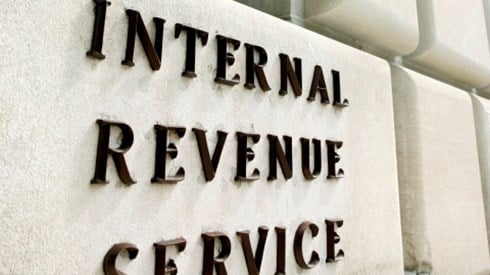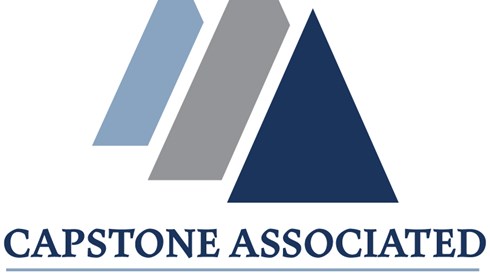No Sign of Tax Battles Easing for Captive Insurance Companies

October 28, 2019

For decades, captive insurance companies have fought legal battles over tax issues with federal regulators and, more recently, state regulators, and there is no sign those battles are easing.
In the most recent tussle, for example, Washington State is battling with Alaska Air Group, Inc., and is seeking to impose big financial fines on the airline for not paying premium taxes on coverage its Hawaii-licensed captive insurer offers to Alaska Air subsidiaries operating in Washington.
Washington State is a high-visibility example of state government pursuing big companies with captives, said Charles Lavelle, a partner with the law firm Bingham Greenebaum Doll LLP in Louisville, Kentucky, who spoke October 22 at the Captive Insurance Council of the District of Columbia annual conference in Washington, DC.
Indeed, the Alaska Air case is a big one. Washington State is seeking to collect $2.5 million from the Alaska Air captive, ASA Assurance, Inc. The assessment includes $1.8 million in unpaid premium taxes, $228,354 in interest, $364,698 in penalties, and a $100,000 fine.
Washington State said, in an order issued by Insurance Commissioner Mike Kreidler, that Alaska Air owes the money because, among other reasons, it didn't remit a 2 percent premium tax to the State of Washington on risks or exposures located in Washington State.
Alaska Air, though, in a legal filing, said Washington State's Office of the Insurance Commissioner (OIC) "has neither the authority nor any legitimate interest in regulating Washington companies that insure their own risks."
Julia Eisentrout, an administrative law judge at Washington's OIC, earlier set hearing dates of July 13–17, 2020, and, if necessary, July 20–24, on the Alaska Air case.
At the same time, the Internal Revenue Service (IRS) has publicly denounced certain 831(b) captives, also known as micro-captives, in which, the IRS said in a news release, "promoters, accountants, or wealth planners persuade owners of closely held entities to participate in schemes that lack many of the attributes of genuine insurance."
The IRS has won several lawsuits against 831(b) captives, and it recently decided to offer settlements to the captives.
"Roughly, 200 captives will get these letters," Mr. Lavelle noted.
The settlement offers will require "substantial concession of the income tax benefits claimed by the taxpayer together with the appropriate penalties," the IRS said earlier.
The maximum premium that can be contributed to an 831(b) captive is $2.3 million. The appeal of 831(b) captives is, under law, their underwriting income is exempt from federal taxes.
October 28, 2019








